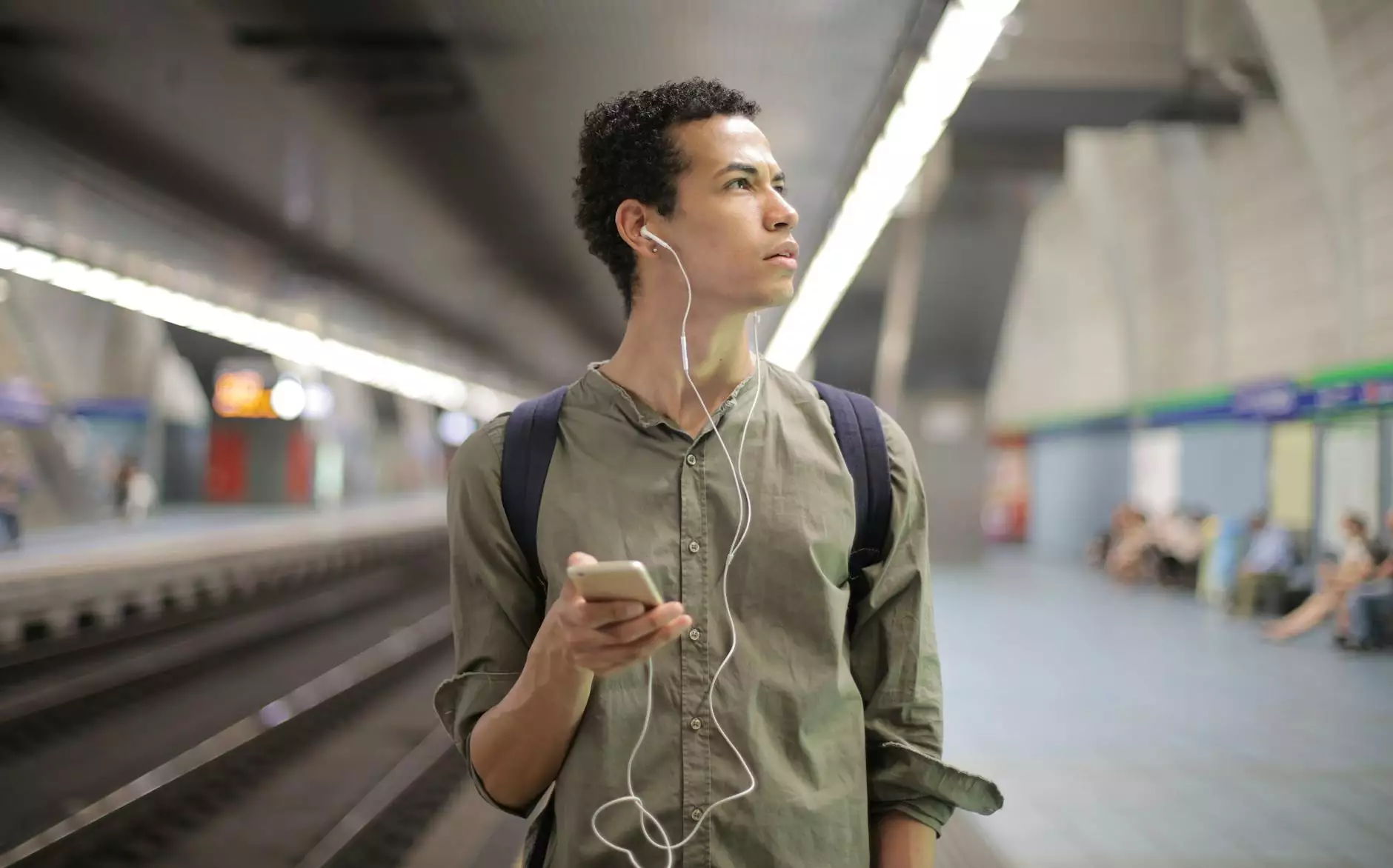Know New Trends For Geolocation App Development
Development Partners
Introduction
Welcome to Maslow Lumia Bartorillo Advertising's insightful guide on the latest trends for geolocation app development in the business and consumer services industry. With the rapid advancements in technology, leveraging geolocation can provide businesses with valuable insights and enhance their marketing and advertising strategies. In this comprehensive article, we will explore the emerging trends, benefits, and potential applications of geolocation apps.
Understanding Geolocation
Geolocation refers to the process of determining the precise geographic location of a user or device through various technologies, including GPS, IP address tracking, Wi-Fi, and cellular network signals. With the increasing prevalence of smartphones and connected devices, geolocation has become a powerful tool for businesses to engage with their target audience in a more personalized and location-specific manner.
The Importance of Geolocation App Development
In today's hyper-connected world, geolocation app development plays a crucial role in the marketing and advertising landscape. By utilizing geolocation data, businesses can:
- Deliver personalized content and offers based on the user's location
- Target specific geographic areas for advertising campaigns
- Enhance customer engagement and loyalty through location-based experiences
- Optimize logistics and supply chain management
- Gain valuable insights into consumer behavior and preferences
Top Trends in Geolocation App Development
1. Real-Time Location Tracking
One of the key trends in geolocation app development is real-time location tracking. Businesses can track users' movements and deliver timely, location-specific notifications, offers, and recommendations. This trend enhances user experience and increases the effectiveness of marketing campaigns.
2. Geofencing
Geofencing involves creating a virtual boundary around a specific geographic area. When users enter or exit this area, businesses can trigger customized actions or notifications through their geolocation apps. From sending tailored promotions to providing relevant information, geofencing offers immense possibilities for targeted marketing and improved customer engagement.
3. Indoor Positioning Systems (IPS)
While GPS is ideal for outdoor positioning, indoor environments pose challenges for location-based services. With the advent of indoor positioning systems (IPS), businesses can now provide accurate navigation, location-based notifications, and personalized experiences within indoor spaces such as shopping malls, airports, and museums.
4. Augmented Reality (AR) Integration
Augmented reality, combined with geolocation technology, opens up exciting opportunities for businesses. By overlaying digital content on physical locations, companies can deliver immersive AR experiences to users. For example, a retail store can provide virtual fitting rooms, allowing customers to try on clothes virtually from the comfort of their homes.
5. Internet of Things (IoT) Integration
The integration of geolocation apps with IoT devices is another emerging trend. Businesses can leverage IoT data from connected devices to enhance location-based services and offer customized experiences. For instance, smart home devices can use geolocation data to adjust temperature settings, turn on lights, or activate security systems when the user arrives home.
Applications of Geolocation App Development
Geolocation app development has numerous applications across industries. Let's explore some key areas:
Retail and E-commerce
Geolocation apps enable retailers and e-commerce platforms to offer location-specific promotions, personalized recommendations, and seamless in-store navigation. Additionally, these apps can help businesses analyze footfall data and optimize store layouts based on customer behavior patterns.
Transportation and Logistics
In the transportation and logistics sector, geolocation apps streamline routing, tracking, and delivery processes. They provide real-time updates to customers about their package's location, estimated delivery time, and delivery personnel details, ensuring a smooth and transparent experience.
Travel and Tourism
Geolocation apps are a game-changer for the travel and tourism industry. They offer interactive maps, location-based audio guides, and personalized travel itineraries. Moreover, these apps allow businesses to recommend nearby attractions, restaurants, and accommodations based on the user's location and preferences.
Healthcare
Geolocation app development has revolutionized healthcare services. From appointment scheduling and patient tracking to emergency response and virtual consultations, these apps optimize healthcare delivery and improve patient outcomes. They also empower medical professionals with location-specific data for efficient resource allocation.
Social and Entertainment
Social media platforms and entertainment apps leverage geolocation to improve user engagement. Location-based filters, event recommendations, and personalized content based on the user's geographical context enhance the user experience, fostering greater user loyalty and interaction.
Conclusion
In conclusion, staying informed about the latest trends in geolocation app development is vital for businesses in the marketing and advertising industry. Maslow Lumia Bartorillo Advertising understands the potential of geolocation apps and can help businesses unlock their true benefits. By considering the emerging trends and applications discussed in this article, you can position your business at the forefront of this evolving landscape. Contact us today to embark on your geolocation app development journey and gain a competitive edge in your industry.









